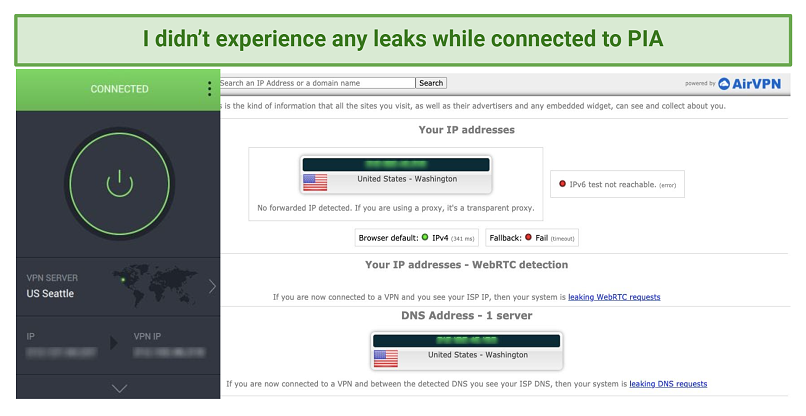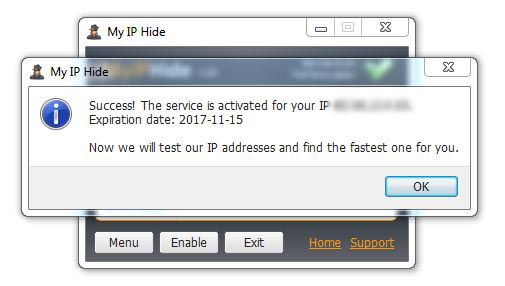
But, based on the dozens upon dozens of speed tests I have run for various providers, that drop should be negligible.

A VPN will route everything through its servers and protect your privacy across the board.īecause of the bit of extra distance information needs to travel to the server, you will likely see a drop in your connection speed. It doesn’t matter if you’re using your browser or a third party application like a video viewer or file downloader. So whatever you choose to download or whichever website you decide to visit can no longer be traced back to you.ĭata transfers for every application on your device will follow this process. It has absolutely no way of finding out with who it’s actually communicating. The implication is that as far as any website or service you’re accessing is concerned, it’s talking to the VPN server. As data makes its way back, the server puts your IP address back in. When any data you send passes through it, the server will strip off your IP and replace it with its own. The entire process is very straightforward.Īfter you connect to a server, it will become a man-in-the-middle between your device and the Internet. Install it and use it to connect to one of the VPN servers on the provider’s network. Once you do, you’ll be able to download a copy of their client software to your device. Step one is to choose a good VPN provider. This method is by far my preferred way of doing things. The easiest and arguably best way to hide your IP is to use a Virtual Private Network (VPN) service.

Just note that, depending on why you’re doing it, some may work better than others. Hiding Your IP Addressīelow are four simple and effective ways of hiding an IP address. I’m pretty religious about it myself and hide my IP address for these three reasons: internet privacy, security, and online freedom. But yet, I find surprisingly few people care to take those few simple steps.

#My ip hide 1.3 how to
Once you understand how to do it, keeping your IP address private is pretty straightforward.


 0 kommentar(er)
0 kommentar(er)
